TLDR;
Most people should schedule a dental cleaning every six months to maintain healthy teeth and gums. Those with gum disease, high cavity risk, or other oral health concerns may need cleanings every three to four months, while individuals with excellent oral health could extend to once a year with a dentist’s approval.
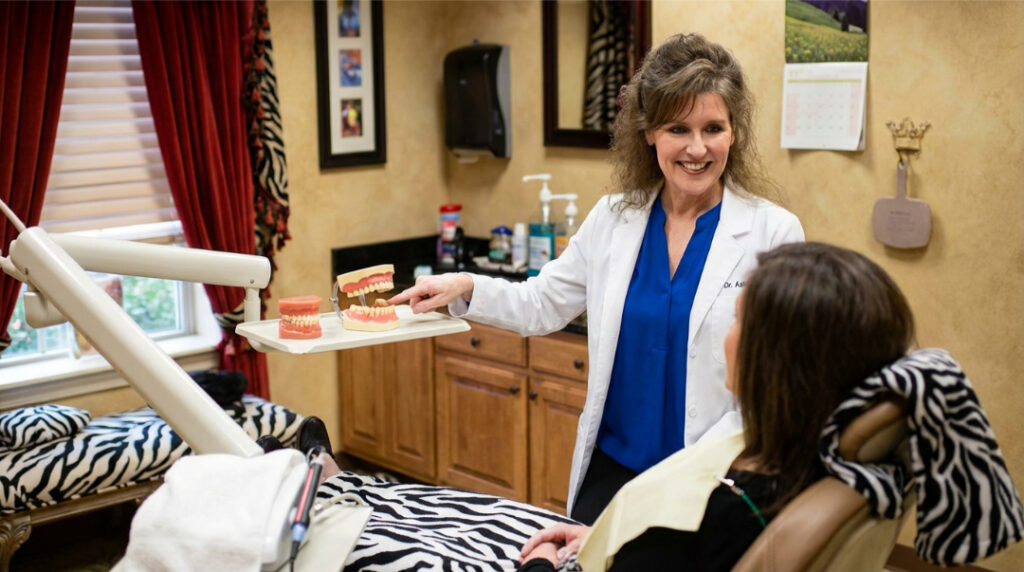
Dental cleanings are essential for more than just a bright smile. They remove hardened plaque, called tartar, that regular brushing and flossing cannot eliminate. They also allow for early detection of gum disease, cavities, and other issues before they worsen. Poor oral health has been linked to systemic conditions like heart disease, diabetes, and respiratory infections.
Key benefits of professional cleanings:

The general recommendation is every six months. This guideline is supported by the American Dental Association as a baseline for healthy patients. Six months is enough time for plaque and tartar to build up to levels that require professional removal.
Why six months is the benchmark:

Not everyone needs the same cleaning frequency. Buford Dentist recommends customizing your schedule based on your oral health status, lifestyle habits, and medical history.
Low-risk patients:
Moderate-risk patients:
High-risk patients:
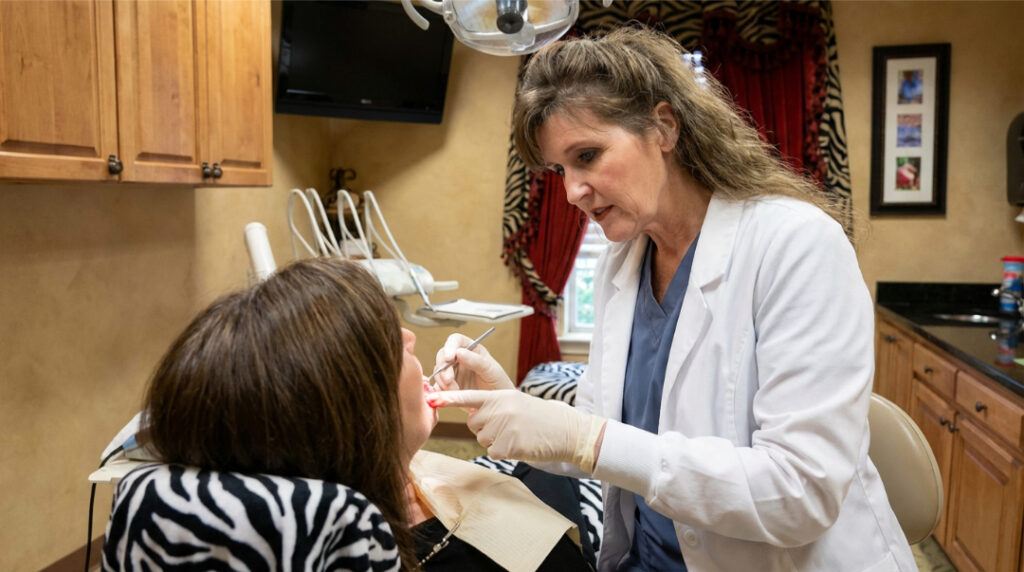
You may need to see your dentist earlier than planned if you notice:
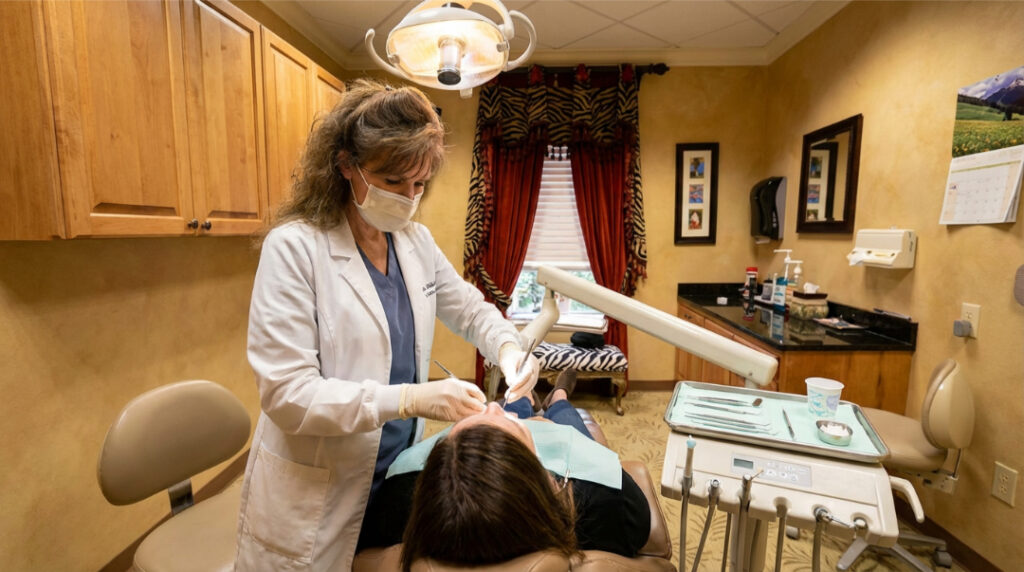
Professional cleanings at Buford Dentist are thorough and tailored to your needs.
Typical steps include:
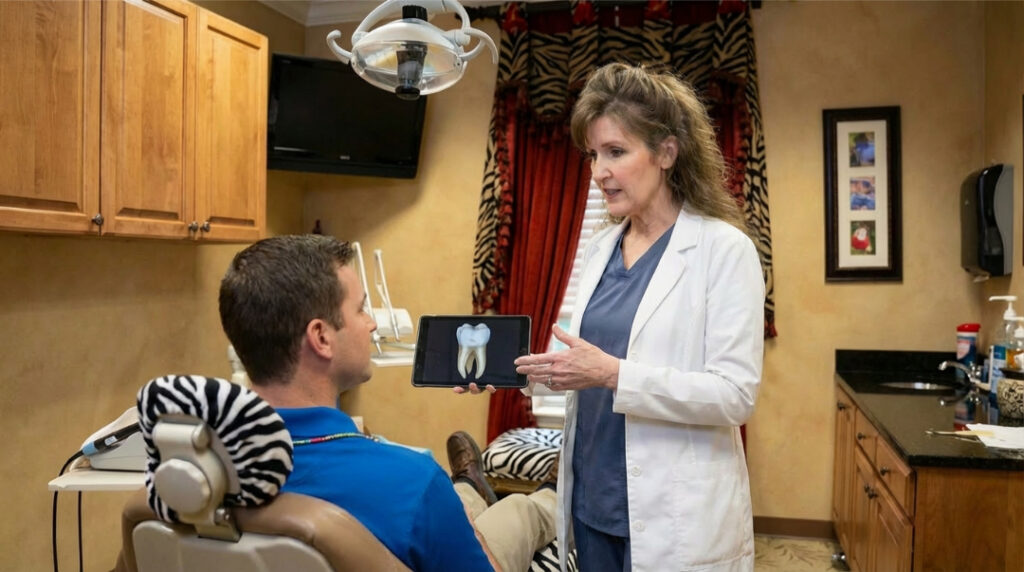
Certain lifestyle and health factors increase the need for more frequent cleanings:

To find your ideal schedule, discuss these points with your dentist:
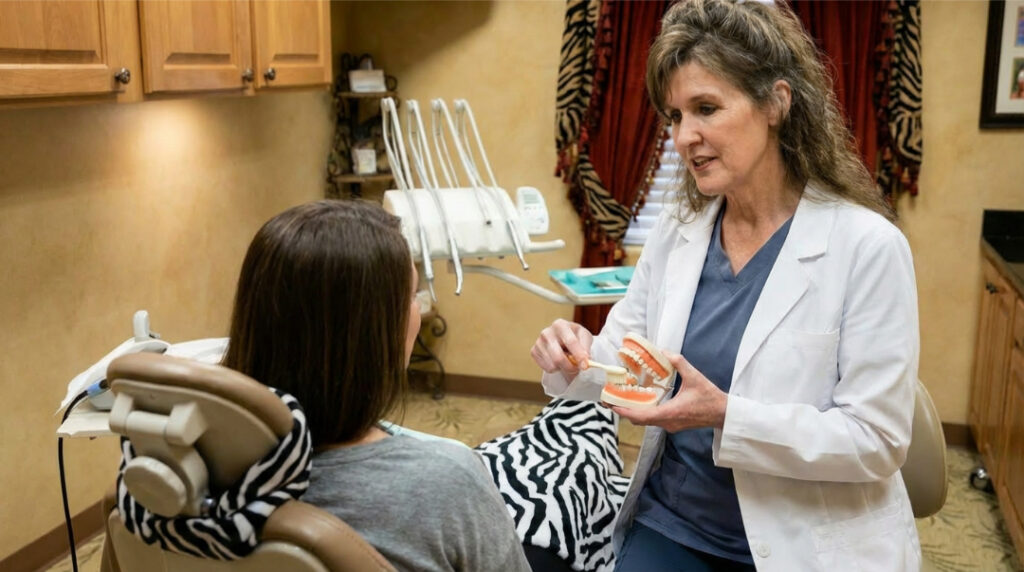
Professional cleanings are only part of oral health care. Daily habits keep your mouth healthy in between visits.
Recommendations from Buford Dentist:

Different organizations and countries have varying guidelines when it comes to professional dental cleanings. However, it’s also important to understand the difference between dental cleanings, specifically, the contrast between regular preventive cleanings and more intensive deep cleanings. The type of cleaning you need can directly impact how often you should visit the dentist and what kind of care your gums and teeth require over time.

Studies have shown:

Advances in dental diagnostics may make cleaning schedules more personalized. Saliva testing, genetic markers, and advanced imaging could help determine risk levels more accurately.